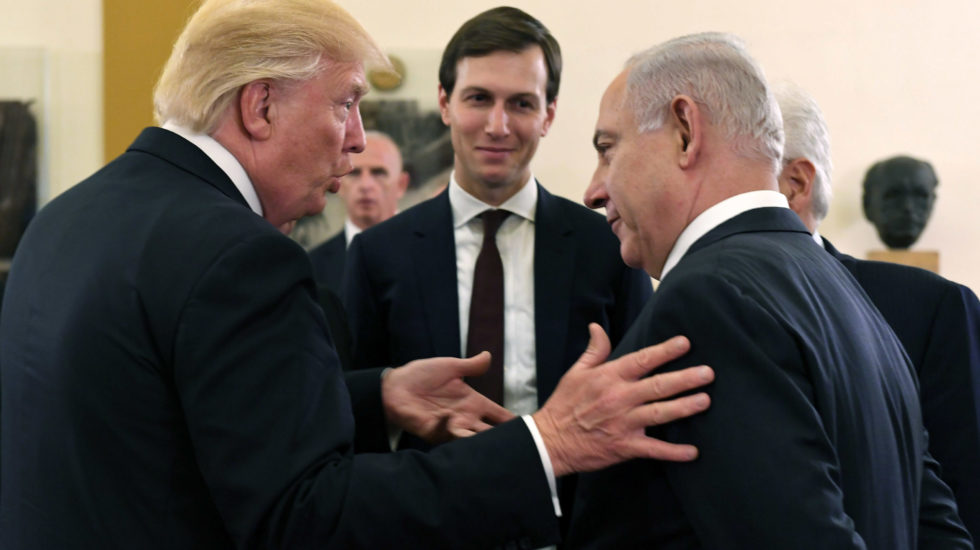Despite calls from around the world for a ceasefire, the conflict between Israel and the Palestinian militant group Hamas shows no signs of letting up. Monday, Israeli airstrikes bombarded a series of houses reportedly used by Hamas commanders, and also targeted nine miles of tunnels beneath Gaza.
According to CNN, Israeli armed forces have hit more targets in Gaza in the past week than it did in all of 2020. At the same time, about 3,150 rockets have been fired from Gaza at Israeli territory since this round of violence, the worst in the region in years, began. Egypt and Qatar have been reportedly trying to broker a cease-fire, but both sides won’t budge from their own demands.
Israel insists that Hamas take the first step in the ceasefire, at least three hours before. Hamas has turned down that proposal The other hurdle is Hamas mandating that any ceasefire include Israel stopping what it calls “provocations” at the Al Aqsa Mosque in Jerusalem and a resolution of the Sheikh Jarrah eviction threat, Hamas sources told CNN.
Over the weekend, as images of the horrific fallout from the violence continued to emerge, more and more people started asking, “what happened to Jared Kushner’s much-ballyhooed Middle East peace plan?”
Kushner, the son-in-law, and adviser to former President Trump who seemed to be given all sorts of responsibilities well beyond his capabilities was the architect of the Abraham Accords Institute for Peace, which the Trump Administration heralded as a history-making peace agreement. Except it was almost immediately criticized for not doing anything of the sort, given that Israel, the United Arab Emirates, and Bahrain already had informal ties and were not at war. And the past week of violence between the Israelis and the Palestinians seems to confirm that the accords fell far short of its promise of peace.
The biggest critique of Kushner’s plan was that the supposed historic accord didn’t even include discussions with the Palestinians, who were simply expected to see the merits of the deal and go along with it. It also essentially blocked a pathway to the two-state solution that Kushner and the Trump White House claimed to support. That is a big reason why one Palestinian leader called it “the fraud of the century.“
Of course, Kushner is famous for not knowing what he doesn’t know, which is why in March he wrote an op/ed in the Wall Street Journal in which he claimed, “we are witnessing the last vestiges of what has been known as the Arab-Israeli conflict.” Given the violence we are seeing now, that statement would be laughable except the situation in the region right now is no laughing matter.
But that doesn’t seem to faze Kushner. Instead the guy who once described the Israeli-Arab conflict as just another real estate dispute is continuing to try and position himself as some sort of peacemaker. He’s actually starting a peace foundation, officially called the Abraham Accords Institute For Peace. Let us all hope he reads a few more books because the first 25 he read didn’t help him get the job done.
